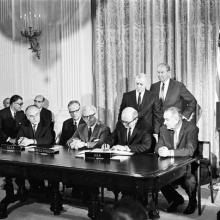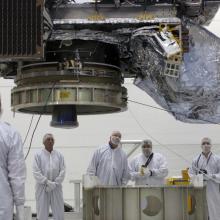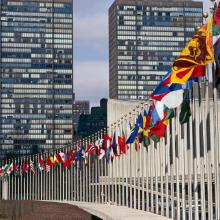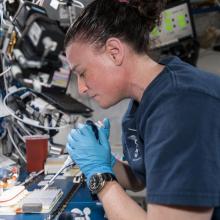- عربي
- 中文
- English
- Français
- Русский
- Español
Introducing the Project
At the crossroads of the global space community, the United Nations Office for Outer Space Affairs (UNOOSA) is well-placed to bring together both public and private stakeholders to combat the threats to our long-term future in space. UNOOSA is doing so through the Guidelines for the Long-term Sustainability of Outer Space Activities of the Committee on the Peaceful Uses of Outer Space (the LTS Guidelines), adopted by the Committee in 2019. The LTS Guidelines guide all space actors to make their space operations sustainable and thus protect our shared orbital space environment. There are 21 Guidelines are grouped into 4 Sections:

B) Safety of space operations

C) International cooperation, capacity building and awareness

D) Scientific and technical research and development

The Awareness-raising and capacity-building related to the implementation of the LTS Guidelines Project seeks to raise global awareness on the importance of space sustainability and the LTS Guidelines and to foster related capacity-building services for emerging space-faring nations.

